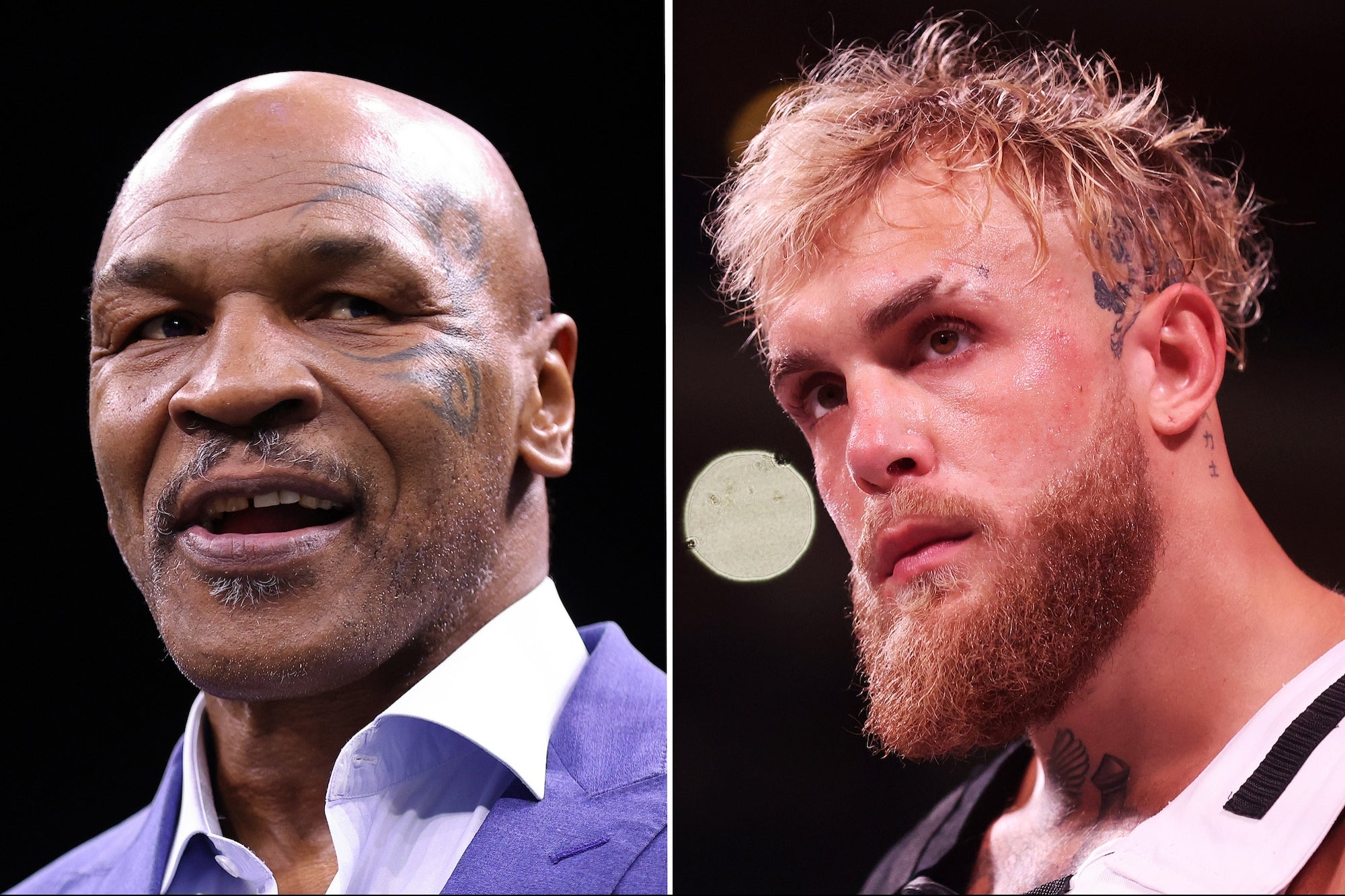Why Insurance Technology Company Turtlemint Adopted the Advisory Model According to IRDA, the industry's penetration level was 3.69 per cent in 2017
By Vanita D'souza •
Opinions expressed by Entrepreneur contributors are their own.
You're reading Entrepreneur India, an international franchise of Entrepreneur Media.

Insurance is a vital financial services product for each of us. However, we Indians are yet to learn this lesson. For a matter of fact, a lot of us don't even consider insurance as an investment but rather take it as an expense.
Additionally, the product overall is too complicated to sell. Which is why, the industry's penetration level in the country has been poor, which according to IRDA, was 3.69 per cent in 2017.
This is a massive opportunity for both new and traditional insurance company. And this is what the Dhirendra Mahyavanshi and Anand Prabhudesai were looking to tap.
While working together at the classifieds company Quickr, the duo was looking to do something in this space. During this time, they realized that a very small per cent of insurance is sold online. And this prompted them to start Turtlemint.
In a conversation with Entrepreneur India, Anand Prabhudesai, Co-founder of Turtlemint says, "Internet can make some of the things easier. The transactions can be done digitally. The user experience can be improved and better literacy information can be provided to the customer."
But when it comes to insurance, there were some fundamental problems in consumer behaviour - first, it is a low involvement category. Second, the confidence or the financial to understand the product is hardly there. Prabhudesai shares how Turtlemint approached this problem.
Getting the Advisory Model
Soon after starting the company with the direct to consumer model, the Prabhudesai and Mahyavanshi were unhappy looking at the data and realized there is much more to do in the insurance sector.
Prabhudesai says, "It was quite depressing to see the kind of poor demand that is there online and we had questions like whether we could build out online business."
This instigated them to revisit their business model and partner with agents across the country to sell insurance products.
"A lot of insurtechs are trying to sell insurance online assuming that people will do self-service online. But ultimately, they end up having a call centre person talk as people are not able to do to that. So, essentially they are following a telecalling model whereas we are working on advisory-model in the neighbourhood," he says while adding that, "Insurance will be a mix of technology and human touch and that the premise of our business model. Most people are not ready to take the step to buy insurance and there is a little bit of convincing need which can be done through a human to human interaction - it could be any from family or friends to your financial manager.
Setting up the new outlook was equally challenging for the insurance technology company as it was a niche space. In fact, the company even struggled to raise funds in 2016.
"However we were able to show some traction on the model. The model hadn't scaled but we were able to convince investors that it could scale. What we had working for us was economics. Our model is fairly cost efficient compared to an online model where the cost of acquisition is higher," he added.
Going Forward
Earlier this year, the Turtlemint raised $25 million funding round from Sequoia Capital Nexus Venture Partners and Blume Ventures. The startup plans to invest these funds in image and voice recognition technology. So, all this scanning and processing becomes faster. It was eyeing to invest in data analytics to support the whole decision-making process.
It is also looking to grow its agent network ten times over the next 18 months. Presently, the company has about 30,000 advisors all over the country.
On asking about breaking even, Prabhudesai noted that "We are trending towards profitability but are looking to invest in technology. We think in 18-24 months, we should be able to breakeven."











